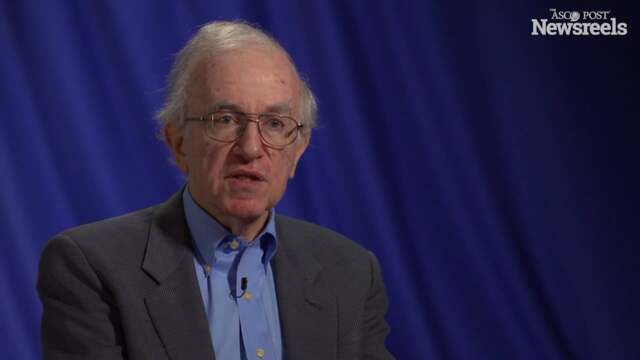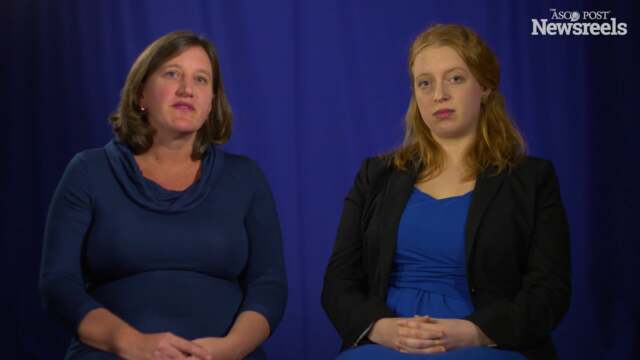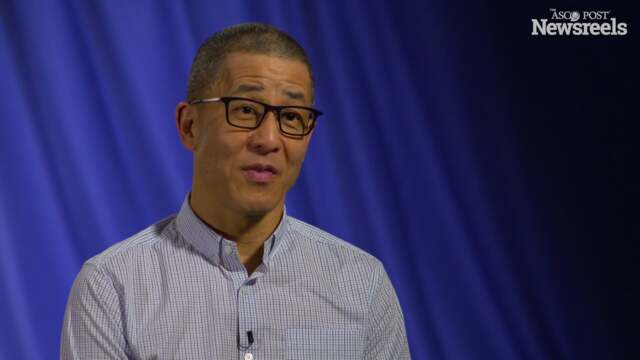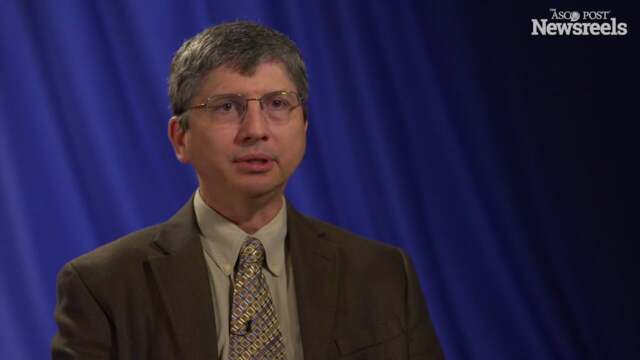Jennifer S. Temel, MD's Expert Perspective: Palliative Care in 2015
2015 Palliative Care in Oncology Symposium
As Steering Committee Chair of this year’s symposium, Jennifer S. Temel, MD, of Massachusetts General Hospital, discusses the goals and highlights of the meeting.
Eduardo Bruera, MD
Eduardo Bruera, MD, of The University of Texas MD Anderson Cancer Center, discusses exciting developments in the assessment and management of cachexia, as well as a number of emerging pharmacologic and nonpharmacologic interventions (Abstract 67).
Lawrence H. Einhorn, MD
Lawrence H. Einhorn, MD, of Indiana University Simon Cancer Center, discusses the ways in which a dedicated palliative radiation consult service can improve the quality of palliative cancer care (Abstract 110).
Judith Vick, MD Candidate, and Rachelle E. Bernacki, MD
Judith Vick, MD Candidate, of Johns Hopkins University School of Medicine, and Rachelle E. Bernacki, MD, of Dana-Farber Cancer Institute, discuss a tool that could help clinicians identify seriously ill patients who would benefit from conversations about their goals and values (Abstract 8).
Anthony L. Back, MD
Anthony L. Back, MD, of Seattle Cancer Care Alliance, summarizes a general session on best practices and novel tools for enhancing communication between patients and oncology providers (Abstracts 8,9, 39).
Ralph J. Hauke, MD
Ralph J. Hauke, MD, of Nebraska Cancer Specialists, discusses the application of scientific analysis and research to palliative care issues, which will allow better prognostication, implementation of measures, and improved quality of life.





